In recent years, there has been a growing concern about the potential health risks associated with the use of black plastic cooking utensils. These seemingly harmless kitchen tools have become a staple in our households, promoting convenience and versatility. However, various studies suggest that black plastic utensils may contain harmful chemicals that can leach into our food during cooking, posing potential health hazards. In this article, we will explore the dangers associated with black plastic utensils and provide alternative options for a safer culinary experience. Understanding the Risks: Black plastic cooking utensils are primarily made using a type of plastic called polycarbonate, which is then blended with other materials to achieve the desired color and strength. Polycarbonate contains a chemical compound called bisphenol A (BPA), commonly used in the manufacture of plastics and resins.
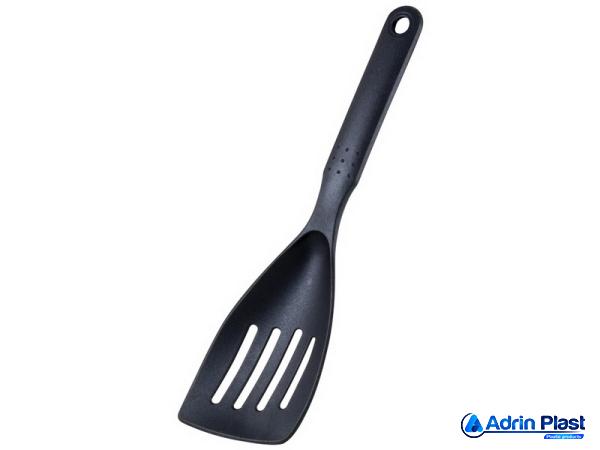
.
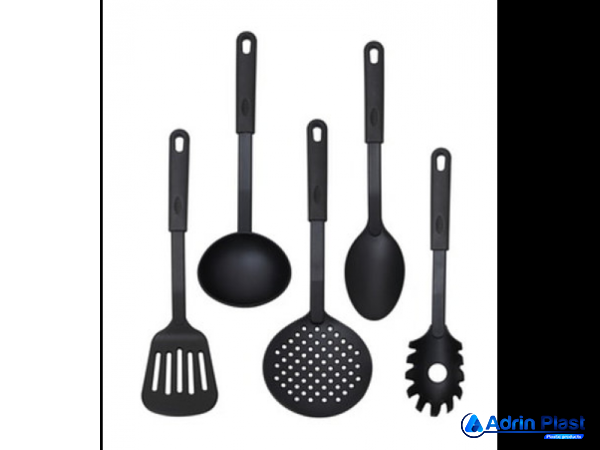 BPA has been linked to adverse health effects, including hormone disruption, fertility issues, and an increased risk of certain cancers. Leaching and Food Contamination: One of the main concerns with black plastic cooking utensils is the potential for chemical leaching. Research suggests that when exposed to high temperatures, such as during cooking or dishwashing, the plastic can release BPA and other harmful compounds that can contaminate food. These chemicals may then be ingested, ultimately affecting our health over time. Heat Amplification and the Dark Color: Black plastic cooking utensils are often found to amplify heat due to their dark color. When exposed to intense heat, the utensils can warp or release toxins at a higher rate. Moreover, this heat amplification can lead to uneven or overcooking of food, compromising its taste and nutritional value.
BPA has been linked to adverse health effects, including hormone disruption, fertility issues, and an increased risk of certain cancers. Leaching and Food Contamination: One of the main concerns with black plastic cooking utensils is the potential for chemical leaching. Research suggests that when exposed to high temperatures, such as during cooking or dishwashing, the plastic can release BPA and other harmful compounds that can contaminate food. These chemicals may then be ingested, ultimately affecting our health over time. Heat Amplification and the Dark Color: Black plastic cooking utensils are often found to amplify heat due to their dark color. When exposed to intense heat, the utensils can warp or release toxins at a higher rate. Moreover, this heat amplification can lead to uneven or overcooking of food, compromising its taste and nutritional value.
..
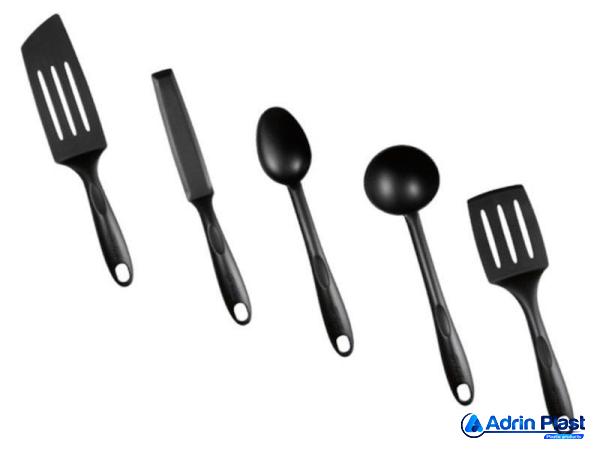 Therefore, it is crucial to exercise caution when using black plastic utensils, especially when cooking on high heat. Safe Alternatives: The good news is that there are safer alternatives to black plastic cooking utensils readily available on the market. Here are a few suggestions: 1. Stainless Steel: Utensils made from stainless steel are durable, resistant to heat, and do not leach harmful chemicals into food. They are an ideal choice for cooking and food preparation, offering longevity and ease of cleaning. 2. Silicone: Silicone utensils are flexible, heat-resistant, and do not release harmful chemicals, making them a safer option compared to black plastic. They are perfect for non-stick cookware and can withstand high temperatures without warping. 3. Bamboo or Wooden Utensils: Utensils made from bamboo or other sustainable wood sources are not only eco-friendly but also a safer alternative to black plastic. They are lightweight, easy to clean, and do not scratch non-stick surfaces. Conclusion: While black plastic cooking utensils have gained popularity due to their affordability and versatility, they are not entirely harmless. The potential health risks associated with the use of these utensils, such as chemical leaching and heat amplification, cannot be ignored. Opting for safer alternatives like stainless steel, silicone, or bamboo utensils can mitigate these risks and ensure a healthier cooking experience.
Therefore, it is crucial to exercise caution when using black plastic utensils, especially when cooking on high heat. Safe Alternatives: The good news is that there are safer alternatives to black plastic cooking utensils readily available on the market. Here are a few suggestions: 1. Stainless Steel: Utensils made from stainless steel are durable, resistant to heat, and do not leach harmful chemicals into food. They are an ideal choice for cooking and food preparation, offering longevity and ease of cleaning. 2. Silicone: Silicone utensils are flexible, heat-resistant, and do not release harmful chemicals, making them a safer option compared to black plastic. They are perfect for non-stick cookware and can withstand high temperatures without warping. 3. Bamboo or Wooden Utensils: Utensils made from bamboo or other sustainable wood sources are not only eco-friendly but also a safer alternative to black plastic. They are lightweight, easy to clean, and do not scratch non-stick surfaces. Conclusion: While black plastic cooking utensils have gained popularity due to their affordability and versatility, they are not entirely harmless. The potential health risks associated with the use of these utensils, such as chemical leaching and heat amplification, cannot be ignored. Opting for safer alternatives like stainless steel, silicone, or bamboo utensils can mitigate these risks and ensure a healthier cooking experience.
…
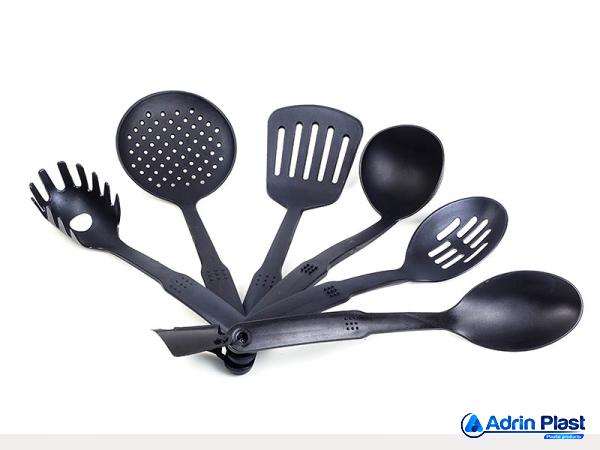 As consumers, it is essential to prioritize our health and make informed choices when it comes to the tools we use in our kitchens.By being aware of the potential dangers of black plastic cooking utensils and considering alternative options, consumers can take proactive steps towards creating a safer cooking environment for themselves and their families. In addition to choosing safer utensils, it is also important to properly care for and maintain them. Regularly inspect your cooking utensils for any signs of wear or damage, as this can increase the risk of chemical leaching or contamination. Avoid using abrasive cleaning tools or harsh chemicals that may cause the utensils to degrade or release harmful substances. Furthermore, it is crucial to always follow the manufacturer’s instructions for proper use and temperature limits. Different types of utensils have varying heat resistance levels, and exceeding these limits may lead to the release of toxins. For those who are concerned about the environmental impact of plastic utensils, considering reusable options such as stainless steel or bamboo can also contribute to sustainability efforts. By reducing single-use plastics in the kitchen, we can all play a part in minimizing waste and protecting our planet. In conclusion, while black plastic cooking utensils may seem convenient, they come with hidden risks that consumers should be aware of. The potential for chemical leaching and heat amplification can pose long-term health hazards. By opting for safer alternatives and practicing proper maintenance, we can create a safer and more sustainable cooking environment without compromising on quality or convenience. Prioritizing our health should always be at the forefront of our choices, and this includes the tools we use in our everyday lives.
As consumers, it is essential to prioritize our health and make informed choices when it comes to the tools we use in our kitchens.By being aware of the potential dangers of black plastic cooking utensils and considering alternative options, consumers can take proactive steps towards creating a safer cooking environment for themselves and their families. In addition to choosing safer utensils, it is also important to properly care for and maintain them. Regularly inspect your cooking utensils for any signs of wear or damage, as this can increase the risk of chemical leaching or contamination. Avoid using abrasive cleaning tools or harsh chemicals that may cause the utensils to degrade or release harmful substances. Furthermore, it is crucial to always follow the manufacturer’s instructions for proper use and temperature limits. Different types of utensils have varying heat resistance levels, and exceeding these limits may lead to the release of toxins. For those who are concerned about the environmental impact of plastic utensils, considering reusable options such as stainless steel or bamboo can also contribute to sustainability efforts. By reducing single-use plastics in the kitchen, we can all play a part in minimizing waste and protecting our planet. In conclusion, while black plastic cooking utensils may seem convenient, they come with hidden risks that consumers should be aware of. The potential for chemical leaching and heat amplification can pose long-term health hazards. By opting for safer alternatives and practicing proper maintenance, we can create a safer and more sustainable cooking environment without compromising on quality or convenience. Prioritizing our health should always be at the forefront of our choices, and this includes the tools we use in our everyday lives.
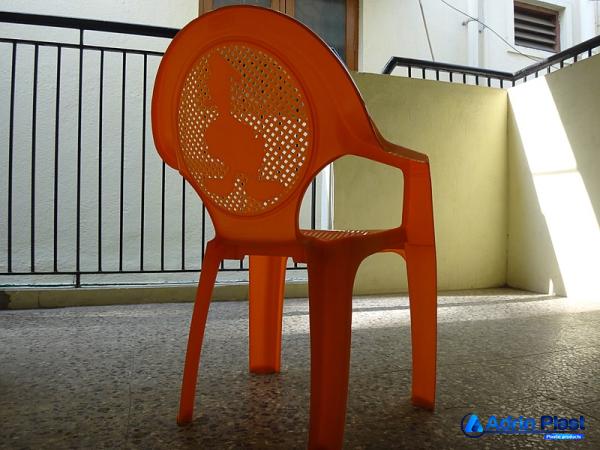
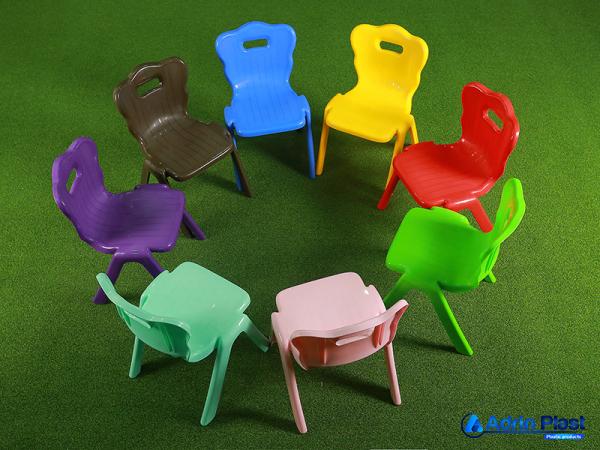
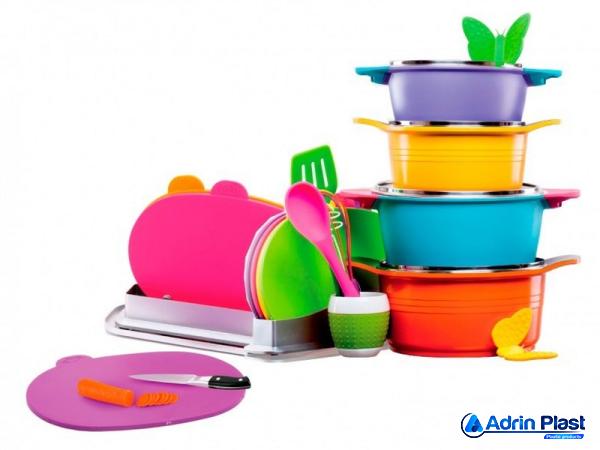
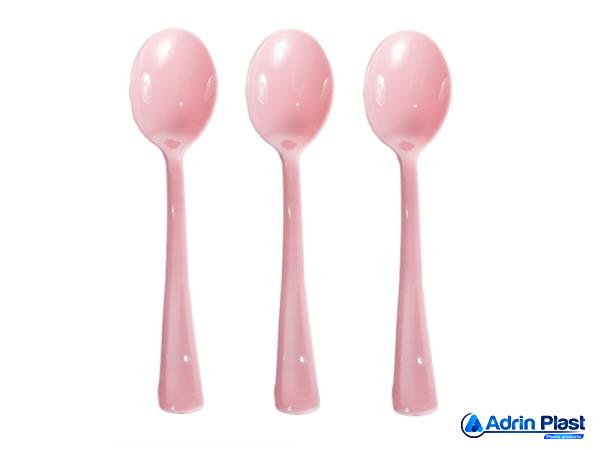
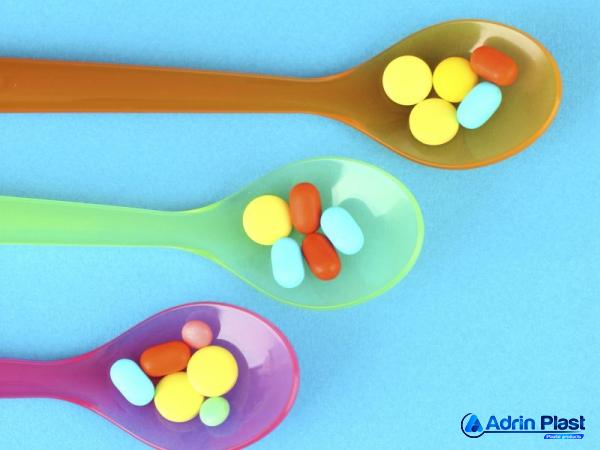
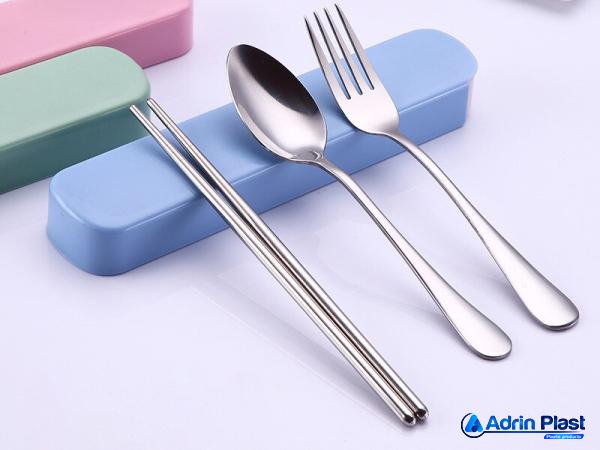
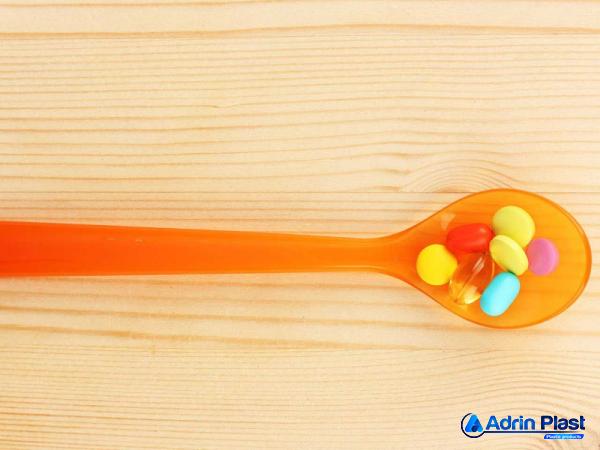
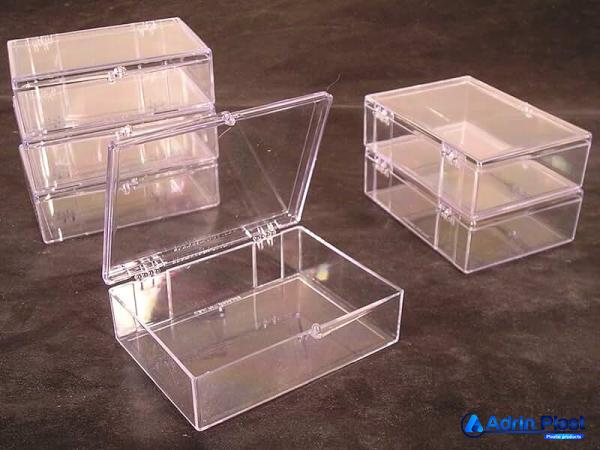
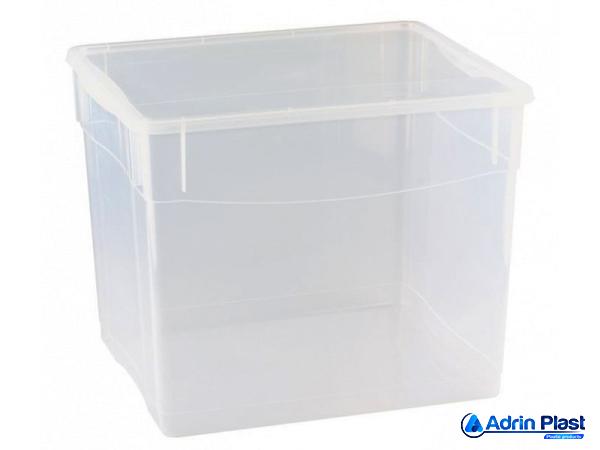
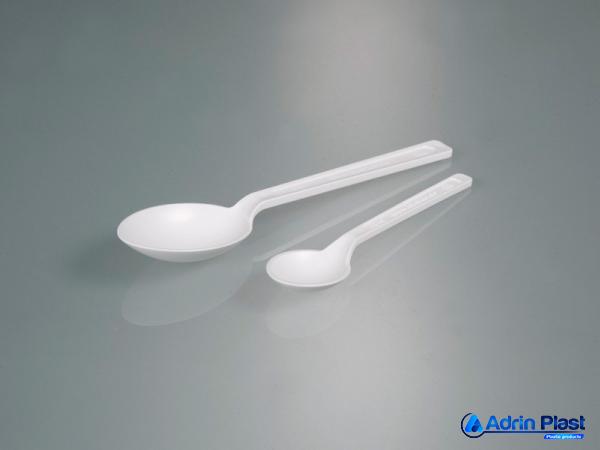
Your comment submitted.